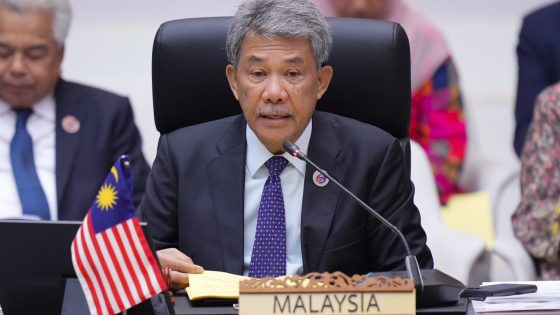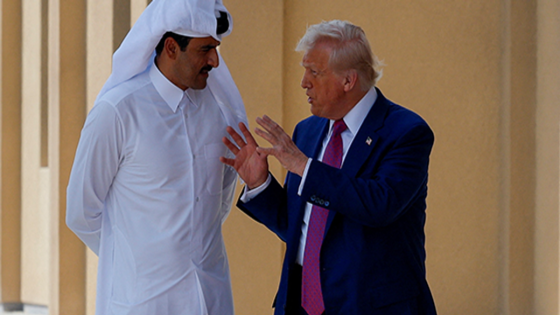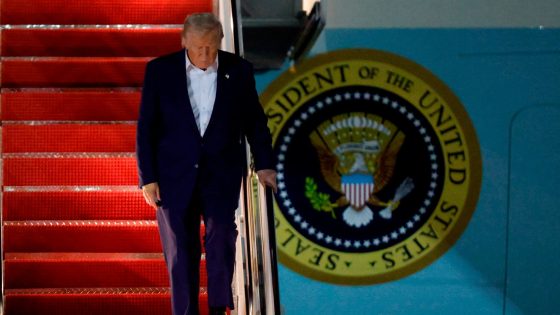Southeast Asian nations are urged to accelerate regional economic integration to combat the fallout from global trade disruptions, particularly due to U.S. tariffs. Malaysia’s foreign minister, Mohamad Hasan, emphasized this need during a recent ASEAN meeting.
- ASEAN must accelerate regional economic integration.
- U.S. tariffs significantly impact Southeast Asian nations.
- Myanmar's civil war needs urgent resolution.
- Malaysia seeks special summit with the U.S.
- ASEAN unity is crucial against external pressures.
- Elections in Myanmar deemed a potential "whitewash."
With the U.S.-China trade war significantly impacting production and trade patterns, Mohamad warned that a global economic slowdown is likely. He stated, “ASEAN nations are among those most heavily affected by the U.S.-imposed tariffs,” and called for unity among member states to navigate these challenges effectively.
This situation raises critical questions about the future of trade in the region. How can ASEAN nations adapt to external pressures while maintaining unity? Mohamad’s remarks suggest a proactive approach is vital for economic resilience.
- ASEAN countries are heavily reliant on exports to the U.S.
- Trade negotiations with the U.S. are underway following a temporary tariff pause.
- The bloc is exploring new partnerships, including with Ukraine.
- Myanmar’s ongoing conflict poses significant regional challenges.
As ASEAN leaders convene for their annual summit, the focus must remain on collaboration and strategic planning to ensure a robust economic future amid these challenges.






























